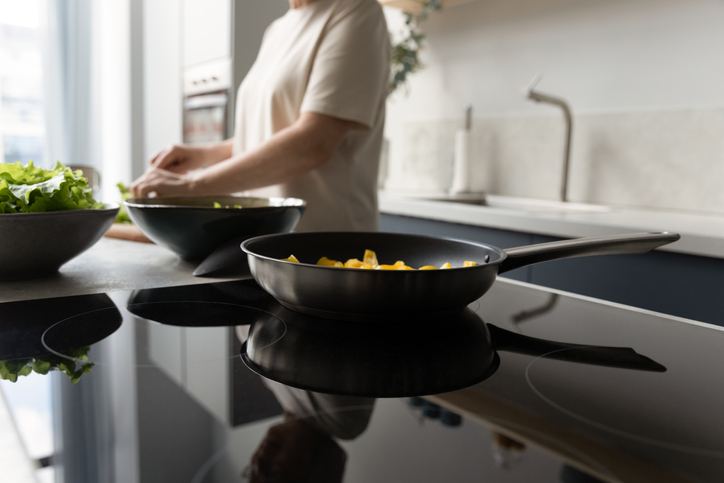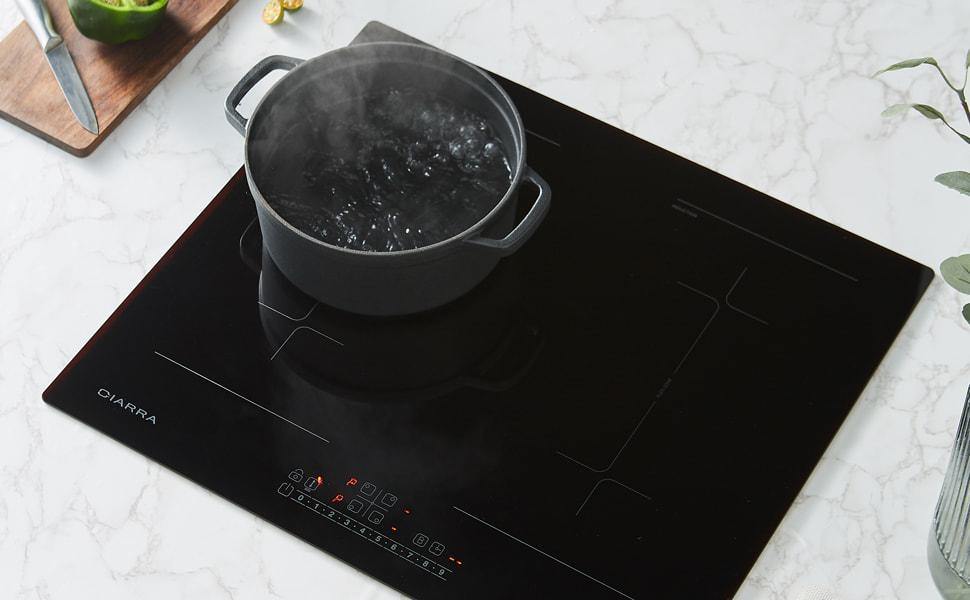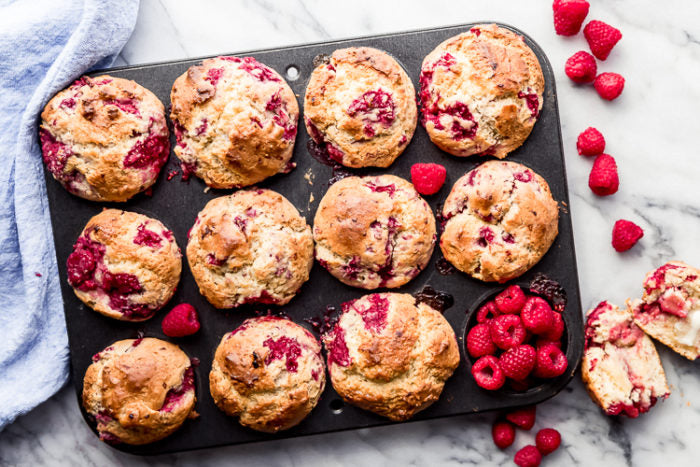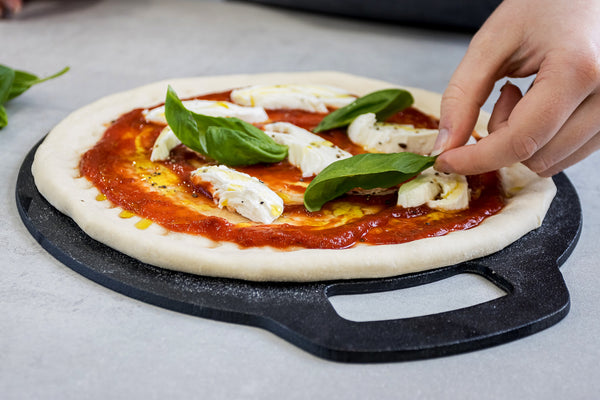In the world of modern cooking, induction cooktops have become increasingly popular due to their energy efficiency, precision, and safety features. As a kitchen professional, you might be considering upgrading your cookware to match the new technology. One of the best materials to complement induction cooking is cast iron. When you're choosing cast iron for your induction setup, you're not just picking any cookware; you're opting for a versatile and durable choice that can elevate your culinary creations.

The Science Behind Induction Cooking
Before diving into the reasons for choosing cast iron, it's essential to understand how induction cooking works. Unlike traditional gas or electric stoves, induction cooktops use electromagnetic fields to directly heat the cookware. This method ensures that energy is not wasted heating the air around the pan, making it highly efficient.
For induction cooking to work, the cookware must be made of a magnetic material. This is where cast iron shines. Its natural magnetic properties make it an ideal candidate for induction cooktops. For more details on how induction cooking works, you can explore this Consumer Reports article.
Benefits of Using Cast Iron on Induction Cooktops
1. Heat Retention and Distribution
One of the standout features of cast iron is its ability to retain and distribute heat evenly. This characteristic is particularly beneficial when using an induction cooktop, as it ensures that your food is cooked uniformly. Whether you're searing a steak or simmering a sauce, cast iron provides consistent results.
Moreover, the heat retention properties of cast iron allow it to maintain temperature even when the heat source is turned off, which can be a great advantage for dishes that require slow cooking or simmering. For inspiration on recipes that benefit from this, check out these vegan sizzling platter recipes.
2. Durability and Longevity
When it comes to durability, few materials can match cast iron. A well-maintained cast iron pan can last for generations, making it a worthwhile investment for any kitchen professional. Its robust nature means it can withstand high temperatures and heavy use without warping or losing its shape.
Additionally, cast iron is naturally non-stick when properly seasoned, reducing the need for synthetic coatings that can degrade over time. This makes it a healthier option for cooking and easier to maintain. For tips on maintaining your cast iron cookware, visit Lodge Cast Iron's guide.
Considerations When Choosing Cast Iron for Induction
1. Weight and Handling
While cast iron's heft is part of its charm and durability, it can be cumbersome for some users. When selecting cast iron cookware, consider the weight and whether it's manageable for your cooking style. Some brands offer lighter versions of traditional cast iron, which might be worth exploring if weight is a concern.
2. Surface Compatibility
Ensure that the cast iron cookware you choose has a flat surface that makes full contact with the induction cooktop. Some older cast iron pieces may have uneven surfaces, which can affect their performance on induction stoves. Brands that specialize in induction-ready cast iron often provide products with perfectly flat bases. For more on how cast iron works with induction, explore this detailed guide.
Conclusion: Elevate Your Culinary Skills
Choosing cast iron for your induction setup is a decision that can significantly enhance your cooking experience. Its compatibility with induction cooktops, combined with its unparalleled heat retention and durability, makes it an excellent choice for kitchen professionals looking to deliver top-notch culinary results. Whether you're preparing a sizzling sisig or crafting a romantic dinner, cast iron can be your trusted companion in the kitchen.

FAQs
1. Can all cast iron cookware be used on induction cooktops?
Yes, all cast iron cookware is naturally compatible with induction cooktops due to its magnetic properties. However, ensure the base is flat for optimal performance.
2. How do I maintain my cast iron cookware?
Maintaining cast iron cookware involves regular seasoning and proper cleaning. Avoid using soap, and dry thoroughly after washing to prevent rust. For more maintenance tips, visit Homes & Gardens.
3. Is cast iron suitable for all types of cooking?
Cast iron is versatile and suitable for a wide range of cooking methods, including frying, baking, and slow cooking. Its ability to retain heat makes it ideal for dishes requiring steady temperatures.






Leave a comment
This site is protected by hCaptcha and the hCaptcha Privacy Policy and Terms of Service apply.